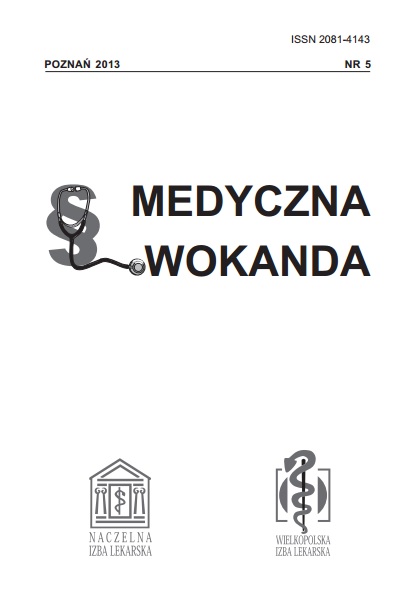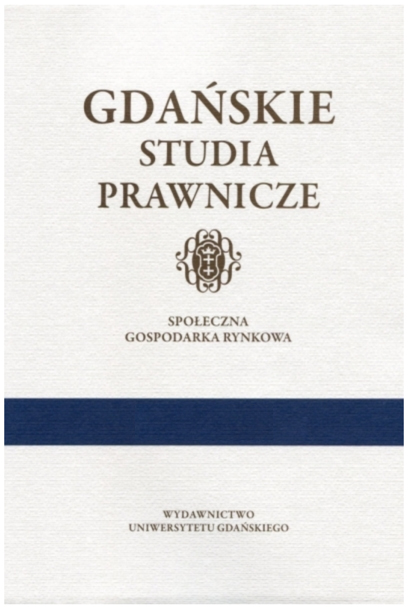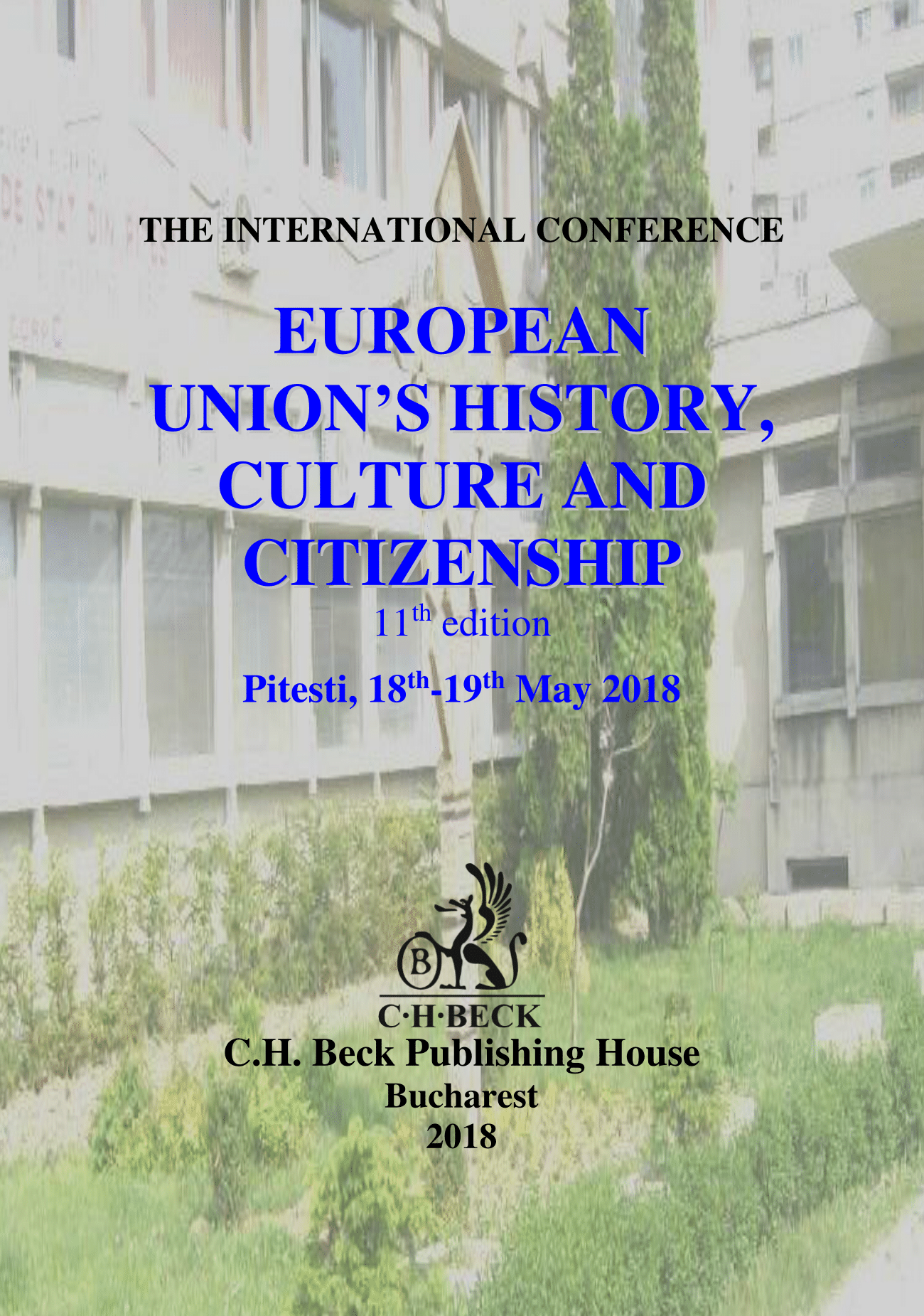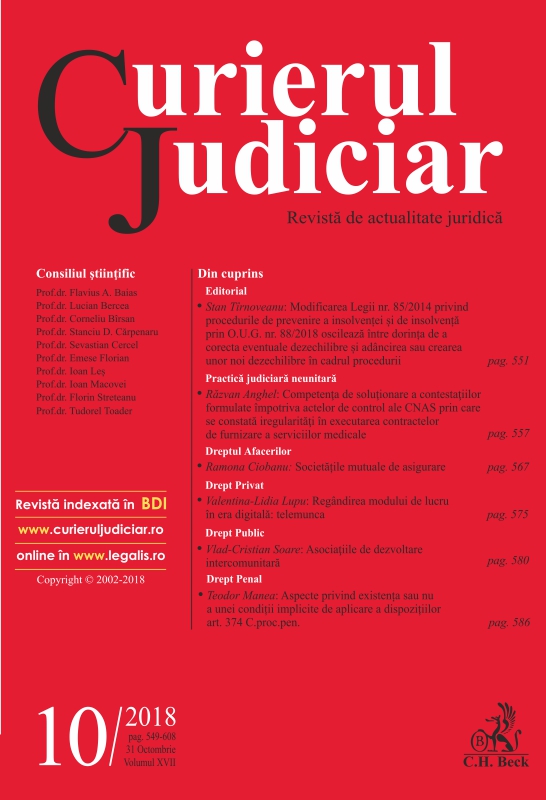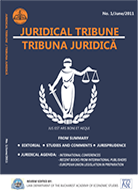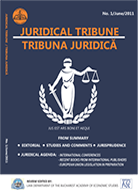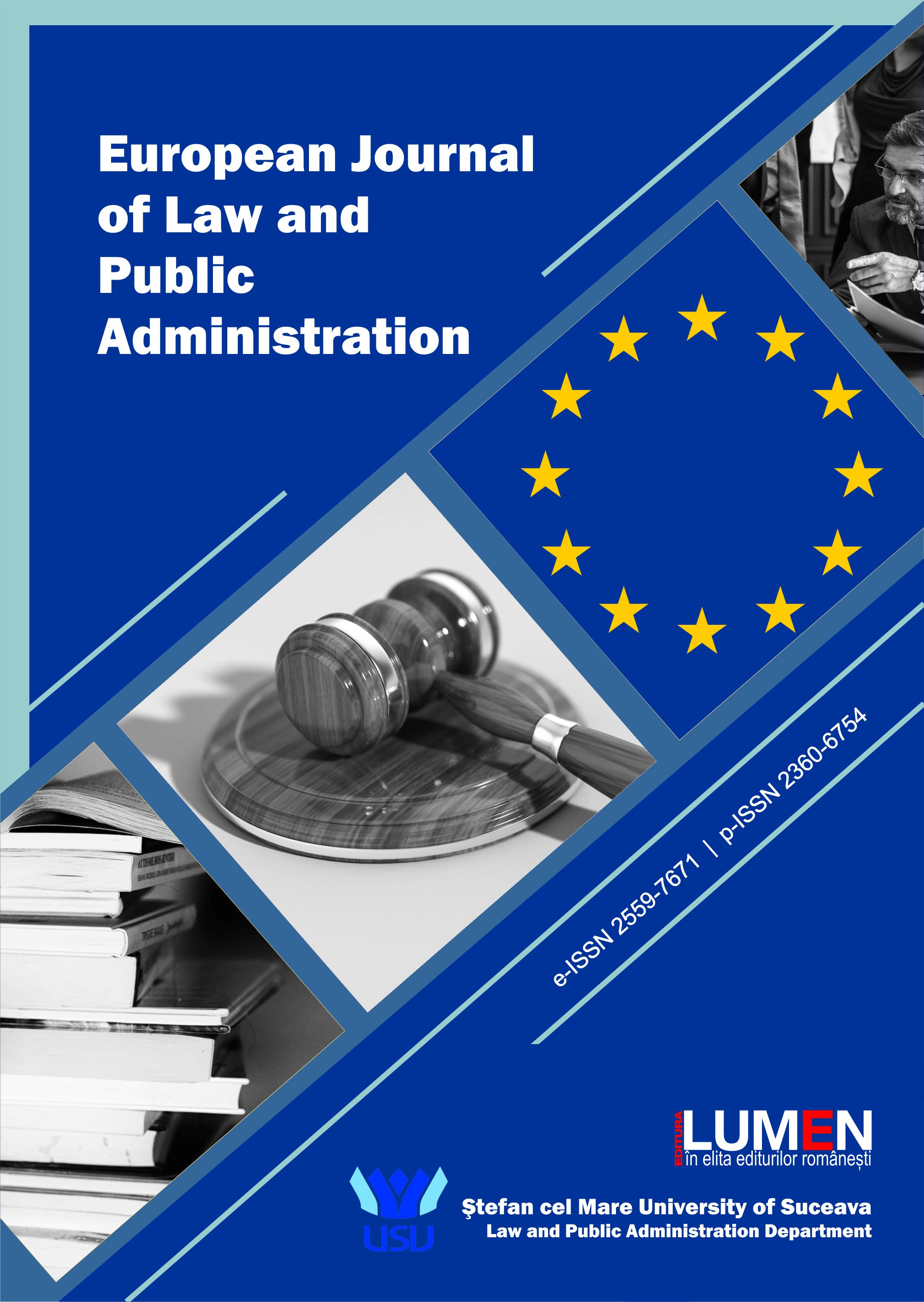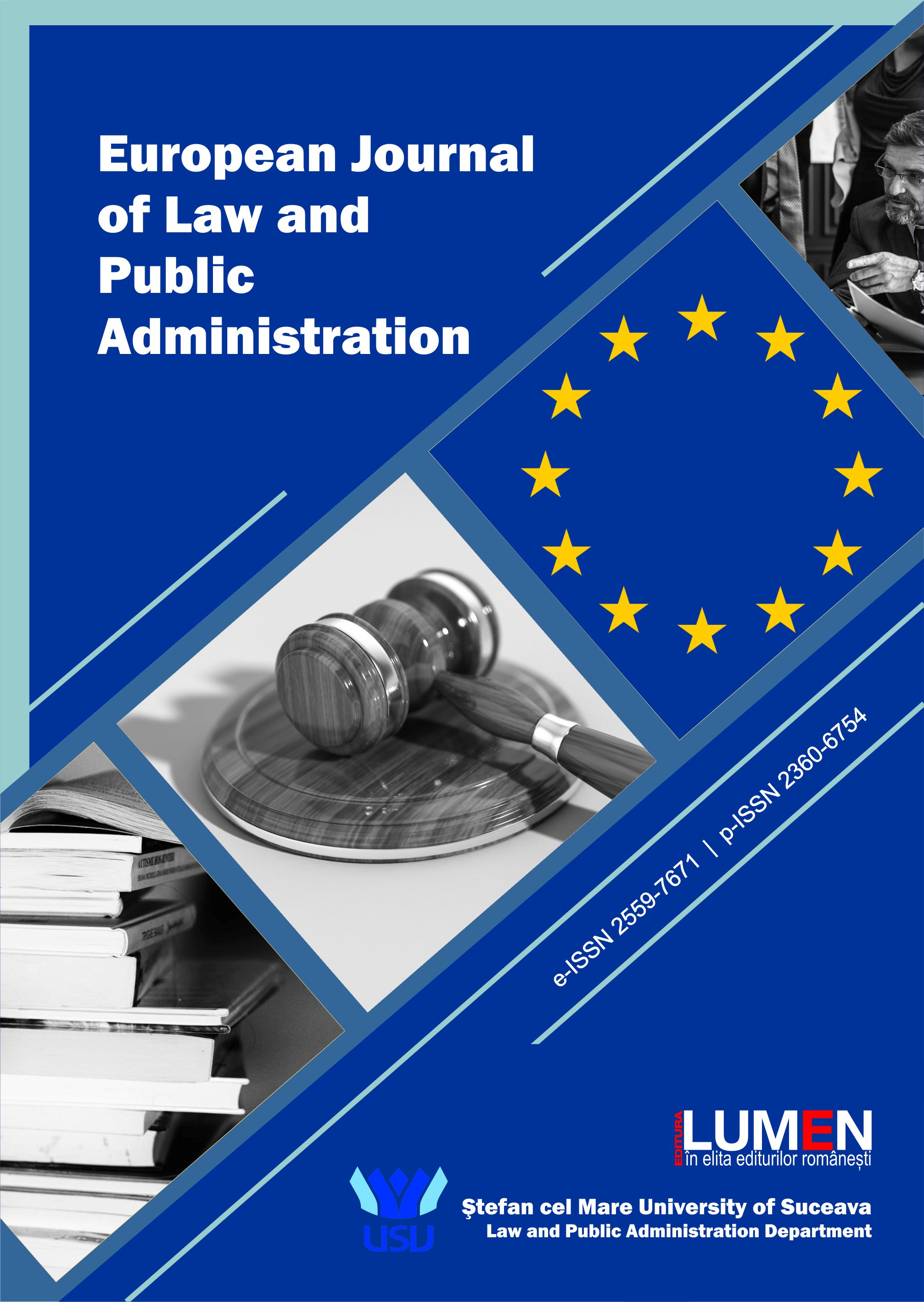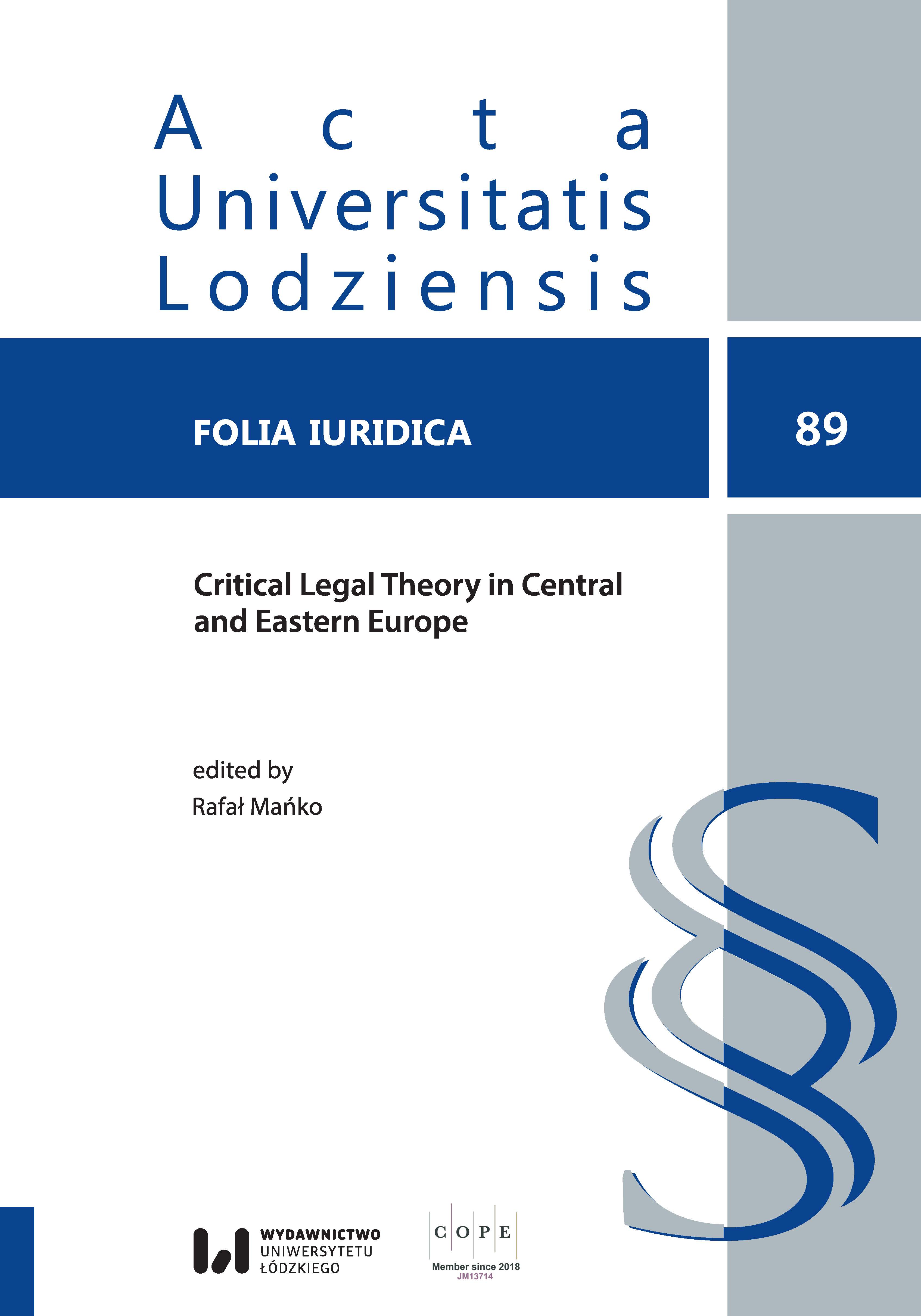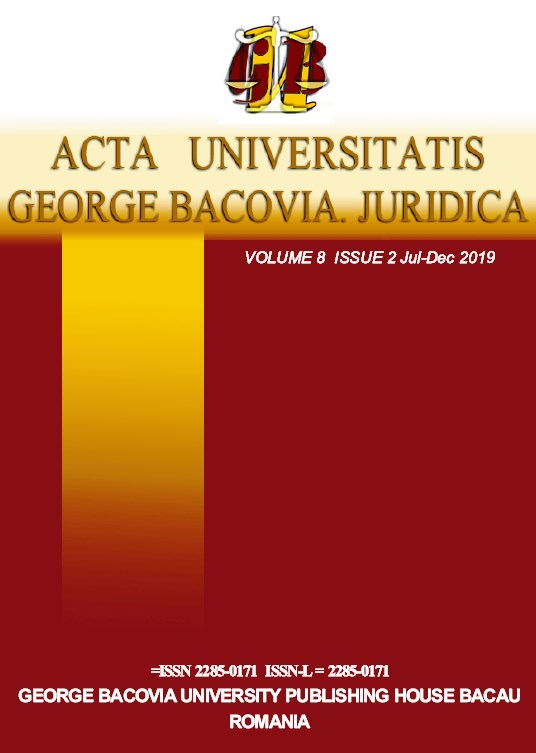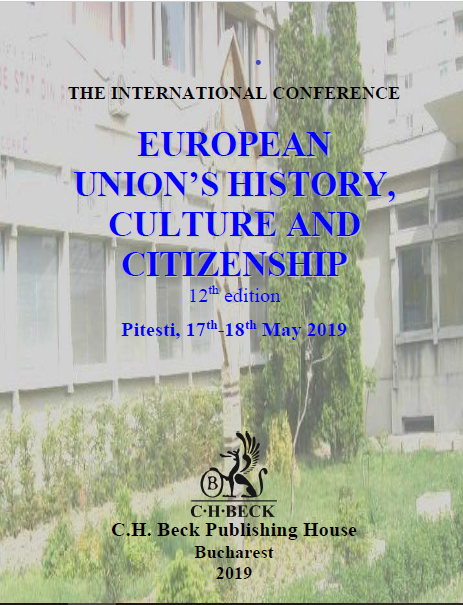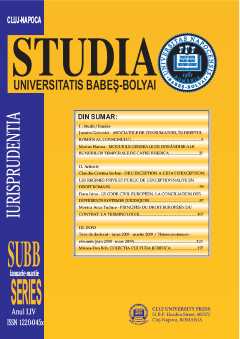Author(s): Narcisa Galeş,Dumitriţa Nicoleta Ionescu Florea,Loredana Terec-Vlad / Language(s): English
Issue: 2/2019
Starting from the quasi-general expression of International Rule of Law, we note that the emergence and diversification of international jurisdictions contributes to increasing the role of international law in the contemporary international community, as well as to maintaining the international legal order. We agree with the doctrines that international justice made up of the jurisdictional and arbitral courts is an important way of applying the norms of international law, of influencing the development of international law and of strengthening the international public order. According to art. 33 paragraph 1 of the UN Charter, the judicial means of dispute resolution represent arbitration and the judicial path, together with negotiations, mediation, conciliation, investigation or recourse to regional organizations or agreements. Analyzed from the terminological perspective, the expression "international jurisdiction" means a set of arbitration or judicial bodies established by the agreement between states or other subjects of international law, in order to resolve any international differences. The role of international courts is, among others: to resolve international disputes, to interpret international law, to apply existing international law, to identify existing international law and new customary norms, to influence the process of creating international law, to carry out the function of international law for the ordering of international relations.The process of establishing the common will of the states, expressed in the principles and norms of international law, is an arduous, difficult one, in which the most contradictory interests of the participating states are often confronted. The fundamental principles of contemporary international law that must govern the relations between all the states are called to constitute the substance of international relations, an essential component of an international, political and economic order. Their strict respecting is the sine qua non condition of world peace and security, the democratization of international relations. Against this background and in the current international context, when the political-military events have multiplied with unpredictable and dangerous effects for the world security, a special importance in their peaceful resolution as a legal institution of international law, is negotiated as the main means of settlement of international disputes.
More...
